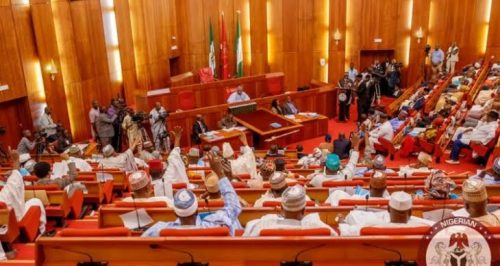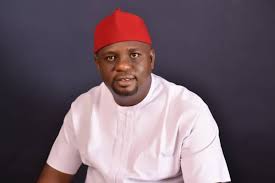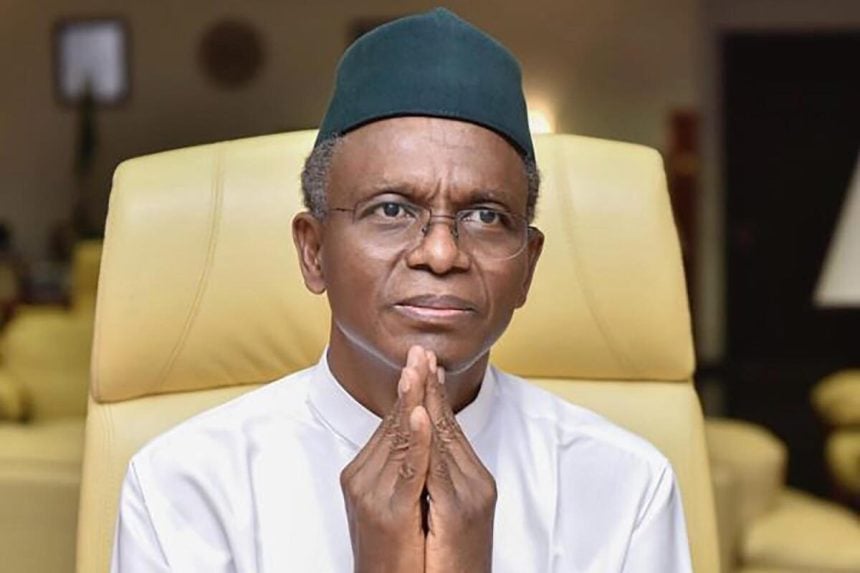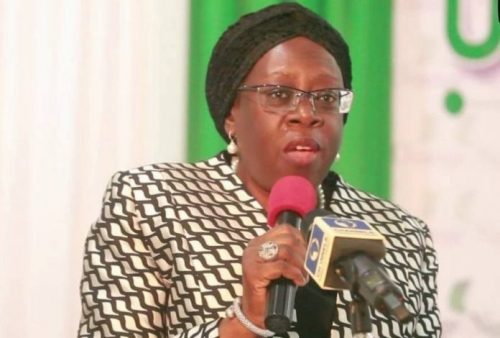Traditional rulers and human trafficking
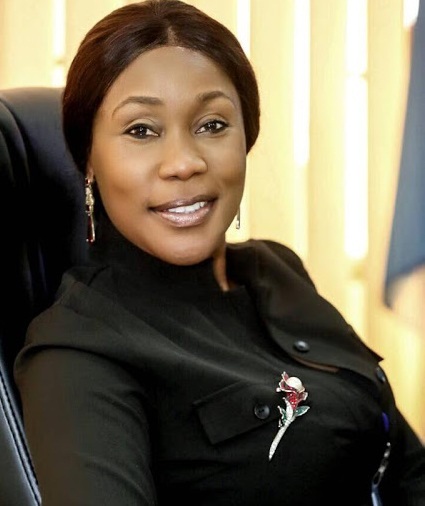
By Julie Okah-Donli
One of the new trends in tackling insecurity in Nigeria is involving traditional rulers because of the important positions they occupy in the community.
This method can also be adopted in fighting sexual and gender based abuse because it is a human right abuse issue that has adverse consequences on every level of the society.
Traditional rulers have a huge role to play in tackling human trafficking in Nigeria because one of the control mechanisms used by traffickers is oath taking. I champion for active participation of government at all levels and the society at large and this includes traditional rulers because experience has taught me that we cannot afford to leave any stone unturned if we must win this fight.
Oath taking is one of the very strong control mechanisms that keep victims in perpetual fear and bondage and so during my tenure as the Director General of NAPTIP, after rescuing victims, I would always have a personal chat with them and from all indication, it was clear that there was a code of silence that was common among all victims.
I would always encourage them to talk to us and they would stare at me in silence. “Don’t you want us to go after your traffickers and stop them from luring other victims?
Any information you give us about them would help in saving the lives of hundreds of young people out there. I would plead passionately but I will still be greeted with silence.
“What exactly is the problem, is there any way you think we can help you talk?” I would patiently ask and normally, this would also be greeted with more silence. But then, silence does not deter me because I know that they had been threatened and manipulated into silence.
Gradually, they opened up and told me that although they trusted me and have confidence in my ability to protect them, they didn’t want to die or run crazy.
What this simply means is that their traffickers had taken them to shrines where they were forced to take an oath that dictates that they would run mad or even die if they ever disclosed information about their traffickers or escape from their madam or master.
This culture of silence is a serious clog in our wheel of progress because it constitutes an obstacle to us obtaining firsthand information that would enable us nab human traffickers. I thought about the situation and came to the conclusion that it was time we paid our traditional rulers a visit.
Together with my team, we visited Edo state and paid a courtesy visit to the Oba and told him about some of our challenges and he requested to have a meeting with the traditionalist and herbalist in the state and after some ceremonies, he charged them to desist from providing their services to traffickers who force their victims to take oaths in shrines, forests and along river banks.
He made a pronouncement that as from that day henceforth, anyone who in anyway assisted traffickers to carry out their illicit trade would face the consequences and because of the respect they have for their traditional ruler, they complied and obeyed him.
When traffickers and their syndicates noticed that Edo state was no longer a safe haven for them to subject their victims to oath taking they moved to other nearby states.
This real life experience buttressed the point that indeed traditional rulers have a huge role to play especially since they occupy a vantage position in the society coupled with the fact that they are mostly respected and have the backing of the gods and loyalty of the people.
The roles of traditional rulers in this business is not restricted to oath taking alone, As custodians of the cultures and traditions of the land, traditional rulers have the opportunity and authority to influence public perceptions.
In carrying out grassroot sensitization, traditional rulers should also be involved so that we can have better results. Many people will turn deaf ears to the admonition of strangers but when they hear that the Oba, Emir, or Obi says we shouldn’t do this, they take it seriously because disobedience to traditional rulers is uncommon.
For instance, the traditionalist and herbalist that were summoned in Edo obeyed and desisted from doing what they were warned against because the proclamation came from their traditional ruler.
My team had actually gone to them to advise them against administrating oaths to trafficking victims, they promised to comply but I decided to take it a step further by requesting the Oba to summon them and get their commitment directly from them.
Traditional rulers also have the platform to ensure that security personnel and local vigilante groups within their community take seriously the task of ensuring the security of lives and properties.
Vigilante groups can be charged with reporting to relevant authorities any person(s) they suspect to be involved in human trafficking or anyone who aids or abets traffickers. They can also report to relevant authorities buildings and locations that provide shelter to victims etc.
In Nigeria as well as other African countries, it is common for political leaders and government officials to visit the palace of traditional rulers whenever they visit a community. This simply means that traditional rulers in most cases have direct access to government at all levels.
They can leverage on this direct access to ensure that the government deploys more resources in tackling this scourge because the fight against human trafficking is capital intensive and demands lots of human and material resources.
Dame Julie Okah-Donli is the Executive Chairman, Roost Foundation and Chair of the board of trustees of the United Nations Voluntary Trust Fund for Victims of Trafficking in Persons (UNVTF). She was until December 2020, the Director-General of the National Agency for the Prohibition of Trafficking in Persons (NAPTIP).





